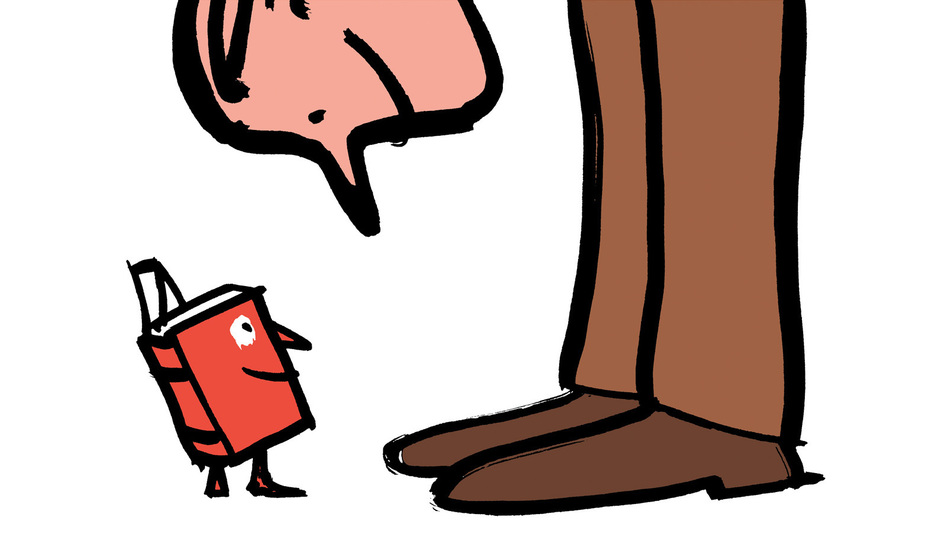By David Chapple
1. You don’t have to write what you know but you do have to write what you care about. Stories can have technical frailties but honest, brave, challenging content are always worth reading.
2. Write what you have to write. I think short stories should burst out of you. They don’t demand discipline or even hard work. They should be complete moments, perfect, imperfect, strange, ugly or beautiful.
Want to immerse yourself in the delicate art of short story writing? Join David for his Short Stories 101.
3. Read Chekhov, Carver and Flannery O’Connor but don’t give up writing in lieu of reading! An author’s voice can develop from their attempts to be like someone else and can actually end up in failure. My best work is when I’m a poor man’s Carver. I’m half as good as him but it gets me by.
‘A criticism often levelled at the short story is that it’s impossible to lose oneself. No sooner have you started reading than it’s over. But thanks to mobile technology, brevity is now an advantage. Far from opening a book on our daily commute, we turn to our phones. We don’t want to lose ourselves – we no longer have time to be lost. For us, the short story is the perfect form. The author holds up characters to scrutiny and then moves on.’ Taken from The Irresistible Rise of the Short Story in The Telegraph.








